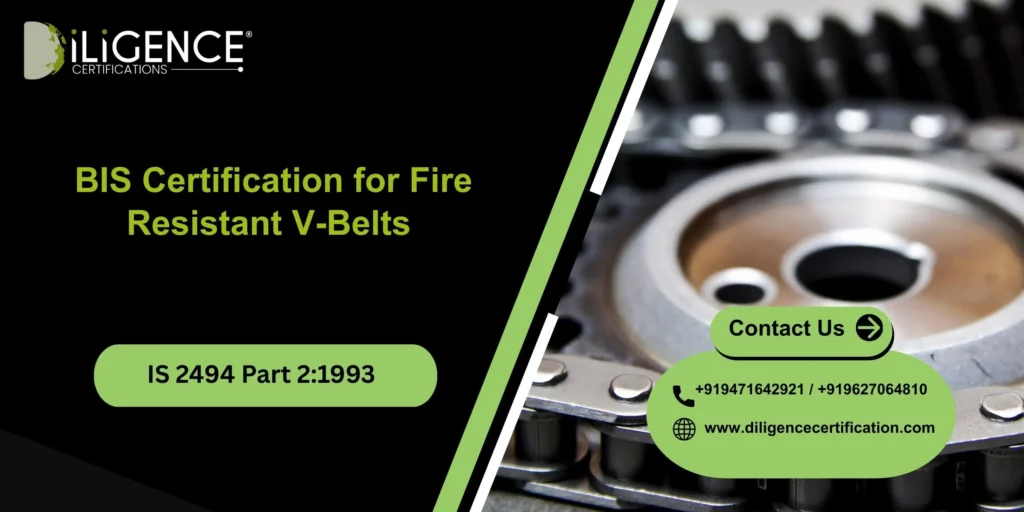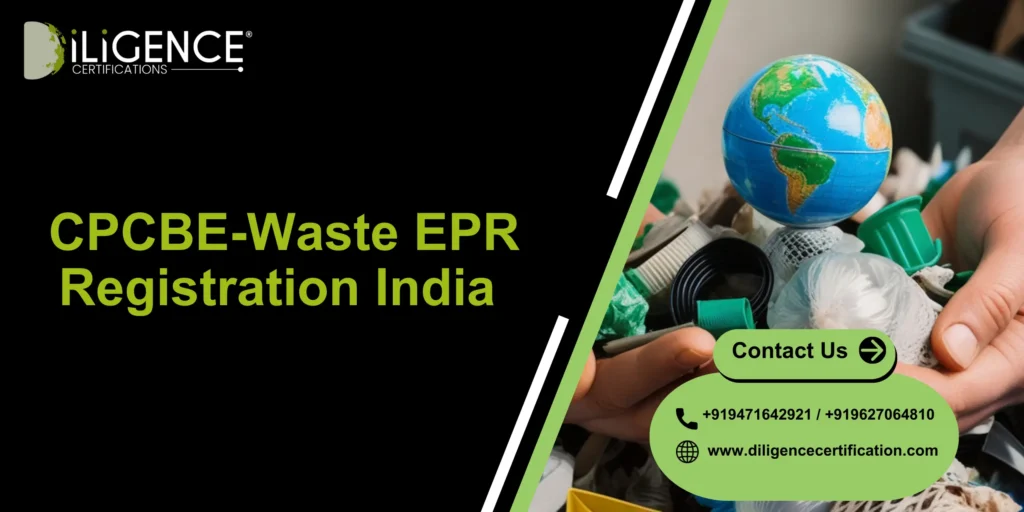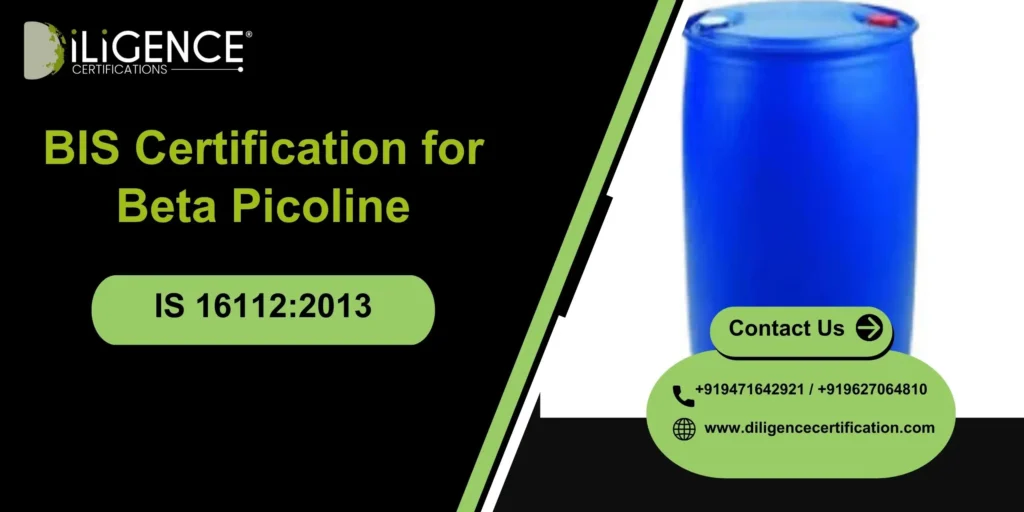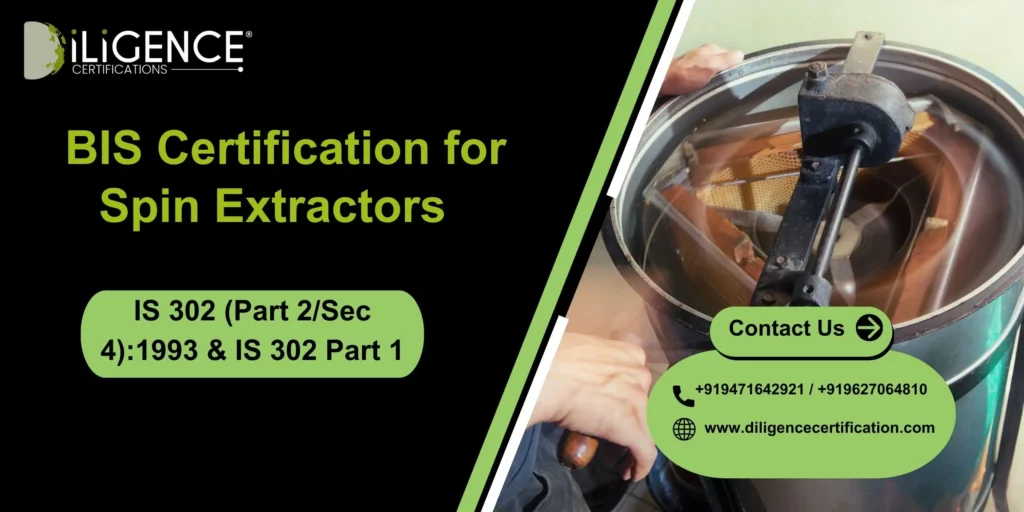- Acquiring a BIS for customs clearance in India is essential to minimize shipment time and fines.
- Many importers simply do not think about compliance with BIS until the customs department is holding the trader’s goods.
- This guide explains how to secure a BIS certificate for smooth customs clearance.
Introduction

A client recently phoned me in a state of near-panic: their entire shipment of LED bulbs was stuck at Nhava Sheva port. Customs officers had flagged it for non-compliance under BIS. The client, a mid-size importer, assumed “someone else” had handled BIS certification. Now their cargo was collecting demurrage charges, and their buyer in India was threatening to cancel the order.
Situations like this are shockingly common. In the Indian import-export ecosystem, the Bureau of Indian Standards (BIS) certificate is not a luxury — it is mandatory for clearing several regulated goods through customs. However, many traders do not even realize when, how, or why to get a BIS certificate for customs clearance which leads to costly mistakes.
In this guide, I will explain what every importer or their customs broker should know about BIS certification, with practical angles drawn from authentic cases.
What is the BIS for Customs Clearance?

“The BIS certificate acts like your passport for regulated goods in Indian customs.”
BIS, or Bureau of Indian Standards, is the national standards body under the Ministry of Consumer Affairs. A BIS certificate confirms that your product meets Indian quality and safety norms. Customs officers always check for this certificate before clearing products that fall under the Compulsory Registration Scheme (CRS) or ISI mark scheme.
For example, household electrical items, steel bars, pressure cookers, and toys will not be allowed to legally enter India without certification. If your shipment does not have a valid BIS certificate, customs will either hold the consignment or reject it outright.
Why is BIS Certification Mandatory at Customs?
India’s regulations do not recognize CE or UL certifications in place of BIS. Indian standards are country-specific. Customs authorities rely on BIS for protection of consumers and the supply chain from low-quality, inexpensive imports that can risk health, safety, or the environment.
For example, imagine an imported pressure cooker with bad steel that bursts open when placed on a stovetop. That is exactly what BIS tries to prevent. Customs serves as the final checkpoint, demanding a BIS to guard Indian consumers.
When is BIS Certification Required for Customs Clearance?
“If the product appears on the BIS mandatory list, certification is non-negotiable.”
As a rule of thumb:
- Electronics under CRS
- Household appliances
- Steel products
- Toys and children’s articles
- Chemicals in certain categories
These need BIS certification before customs release. BIS keeps adding new products from time to time, so always check the latest BIS notified list or consult your customs agent.
A classic client scenario I handled involved a shipment of mobile phone chargers. The importer thought chargers were “spare parts,” but customs refused to clear them without CRS registration. The cargo was detained for 23 days, leading to loss of goodwill and warehousing fees.
How to Apply for a BIS Certificate
Here is a quick roadmap for obtaining your BIS certificate:
- Select Product Standard: Identify the correct IS standard or CRS applicable.
- Submit Application: File your application through BIS’s online portal along with mandatory documents (technical specs, factory location, ownership details).
- Sample Testing: Arrange a BIS-recognised lab test of your product.
- Factory Audit: BIS inspectors may visit the manufacturing site, especially for ISI certification.
- Grant of Certificate: After satisfying all requirements, BIS will issue the licence.
If you have a local agent in India, they can liaise with BIS authorities on your behalf. Clients using a professional BIS consultant generally report fewer delays compared to those who go it alone.

How BIS Certification Works with Customs
“No BIS, no clearance. That is the harsh truth.”
Once you receive a BIS certificate, you must submit it with your Bill of Entry at customs. The customs EDI system cross-verifies the BIS registration against the relevant product code (HSN). If the data does not match, expect a hold and a show-cause notice.
I recommend maintaining a proper BIS file with:
- Original BIS certificate
- Test reports
- Renewal or surveillance documents
Customs will request these if there is any discrepancy. Remember, customs officials can physically examine the goods at random, so your BIS certificate must be 100% authentic and current.
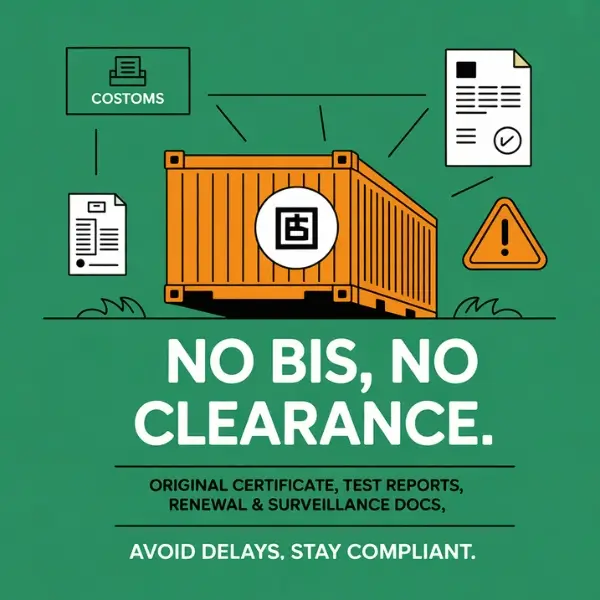
Benefits of Getting a BIS Certification for Customs Clearance
Some importers wrongly view BIS as “just another bureaucratic obstacle.” The reality is different. A BIS certificate:
- Proves your goods comply with Indian standards
- Speeds up customs clearance by reducing random inspections
- Boosts confidence with Indian buyers and distributors
- Minimises the risk of fines or re-export
Think of it as an investment in market access. One client who sells kids’ toys told me their sales grew 30% after labelling their toys with BIS— because distributors trusted the safety claims.
Documents Required for BIS Certification
“Without the right paperwork, even a perfect product cannot pass customs.”
From experience, many applicants lose weeks chasing missing documents. Here’s a standard checklist every importer or manufacturer should keep ready for BIS certification:
- Application form (Form VI)
- Product specifications and technical literature
- Factory layout plan and production process details
- Copy of the business registration certificate
- Authorized Indian Representative (AIR) nomination letter (if foreign manufacturer)
- List of machinery, test equipment, and quality control procedures
- Test reports from a BIS-recognised laboratory
- Trademark registration copy (if branded product)
- Packaging and labelling details
- Proof of fee payment
- Previous BIS license (in case of renewal)
Pro tip: maintain a single digital folder for all these documents so you can quickly resubmit if BIS raises any queries.
Eligibility Criteria for BIS Certification
“If you manufacture, import, or sell regulated goods in India, you are eligible — but you must also be responsible.”
Many clients ask if BIS applies only to big companies. The truth is, BIS does not discriminate by business size. Whether you are a small trader or a multinational, you must meet these eligibility criteria:
- You are the manufacturer (Indian or foreign) of the product
- Or you are the authorised Indian representative (AIR) acting on behalf of a foreign manufacturer
- The product is listed under mandatory BIS schemes (ISI mark or CRS)
- You comply with Indian testing standards through BIS-recognised laboratories
- You are willing to subject your product and manufacturing facility to BIS audits
If you do not hold ownership of the manufacturing facility, you cannot apply for BIS directly, the actual manufacturer must apply, but you may assist them as the importer.
BIS Certification Time Duration
“A realistic timeline is usually 4 to 6 weeks, but don’t take that for granted.”
Depending on the product category, BIS procedures typically require:
- Application review: 5–7 days
- Sample testing: 2–3 weeks
- Factory audit (if needed): 1–2 weeks
- Licence grant: 1–2 weeks after approvals
If documents are incomplete or the lab test fails, the timeline will stretch further. I usually advise clients to budget 8 weeks from start to finish, especially if you are handling your first BIS project.
Most BIS approvals take 4–6 weeks, with longer timelines for complex goods or retesting.
Validity of BIS Certificate
“Think of BIS like a passport with an expiry date — you must renew it on time.”
Generally, a BIS certificate is valid for two years from the date of grant. To keep it active, you must:
- Undergo periodic surveillance audits
- Maintain compliance with standards
- Apply for renewal before the expiry
Many clients mistakenly assume once certified, they can relax for years — but BIS requires you to prove ongoing compliance. Missing renewals can result in customs blocking your future shipments.
Penalties for Non-Compliances
“Failing BIS means failing your import.”
If customs discovers you shipped goods without a BIS certificate, expect:
- Seizure of goods
- Heavy fines under the BIS Act
- Potential re-export costs
- Blacklisting for repeat offences
- Recently, a shipment of kitchen mixers was confiscated and auctioned because the importer ignored the BIS requirement. That consignment alone was worth ₹18 lakhs.
It is cheaper to get certified upfront than to risk that kind of disaster.
Conclusion
For any importer serious about India, a BIS certification for customs clearance is non-negotiable. I have seen far too many clients face detentions and penalties for ignoring this simple rule. Think of BIS as your bridge to Indian markets — respect it, comply with it, and you will move goods without delays.
If you would like help navigating BIS certification, connect with our experts at Best Consultant Diligence Certifications. Let’s get your shipments flowing smoothly.
Frequently Asked Questions
Is it a requirement of customs clearance in India to have a BIS certificate?
Yes, if your product is listed on the BIS compulsory list, you are unable to clear customs without a BIS certificate. Customs will detain or reject the goods otherwise.
What is the cost of a BIS certificate?
Costs depend on the product type, fees for testing, and inspection of the factory. You should expect a payment of ₹50,000–₹2 lakh depending upon complexity, and the category of the product.
Can I use CE marking instead of BIS?
No. BIS is a separate Indian standard.Even if it is CE or UL marked, you still need BIS to go through customs in India.
How long does BIS certification take?
Generally 4–6 weeks, but if testing or factory audits raise issues, it can take longer. Plan accordingly to avoid shipment delays.
Can I apply for a BIS certificate as an importer?
Technically, the manufacturer applies for BIS, but you can assist them as an Authorised Indian Representative. Without the manufacturer’s participation, BIS will not approve the licence.
How long is a BIS certificate valid?
Typically, a BIS certificate is valid for two years. However, you must undergo surveillance inspections and renew on schedule to keep it active.
Do handmade or artisanal goods need BIS certification?
If your handmade product falls under a regulated category (for example, pressure cookers), it still needs BIS certification, even if made in small batches.
What happens if I modify my product after BIS approval?
Any change in design, material, or safety features must be reported to BIS. You might have to re-test and update your certification before importing again.
How can I check if my supplier’s BIS certificate is genuine?
Visit the BIS official website and search the licence database. Cross-verify the licence number and manufacturing details. Always double-check to avoid counterfeit certificates.
Can I clear customs with a provisional BIS certificate?
No. Customs will only accept a final, fully approved BIS certification for clearance. A provisional or “under-process” acknowledgement from BIS is not legally valid at customs checkpoints, and your shipment can still be detained if you try to clear goods without the final certificate.






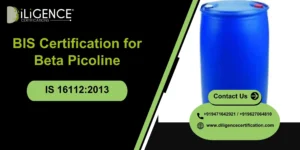

 BIS Certification
BIS Certification
 CDSCO
CDSCO
 CPCB
CPCB
 LMPC
LMPC
 WPC Approval
WPC Approval
 Global Approvals
Global Approvals
 TEC
TEC
 ARAI
ARAI
 BEE
BEE
 ISO Certification
ISO Certification
 Drone Registration
Drone Registration
 NOC For Steel
NOC For Steel



















 Business Registration
Business Registration















 Legal Services
Legal Services
 Trademark Registration
Trademark Registration
 Copyright Registration
Copyright Registration
 Patent Registration
Patent Registration













































